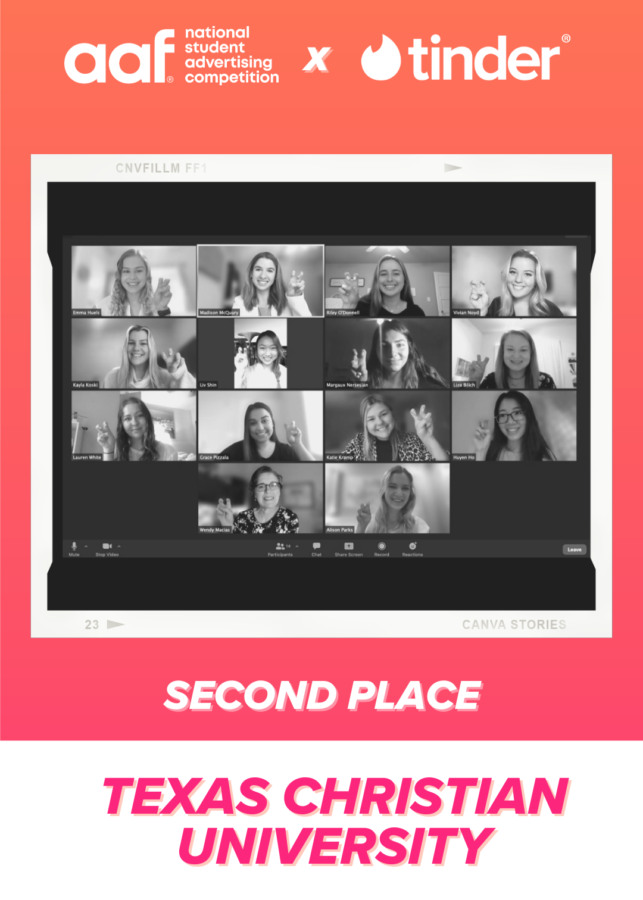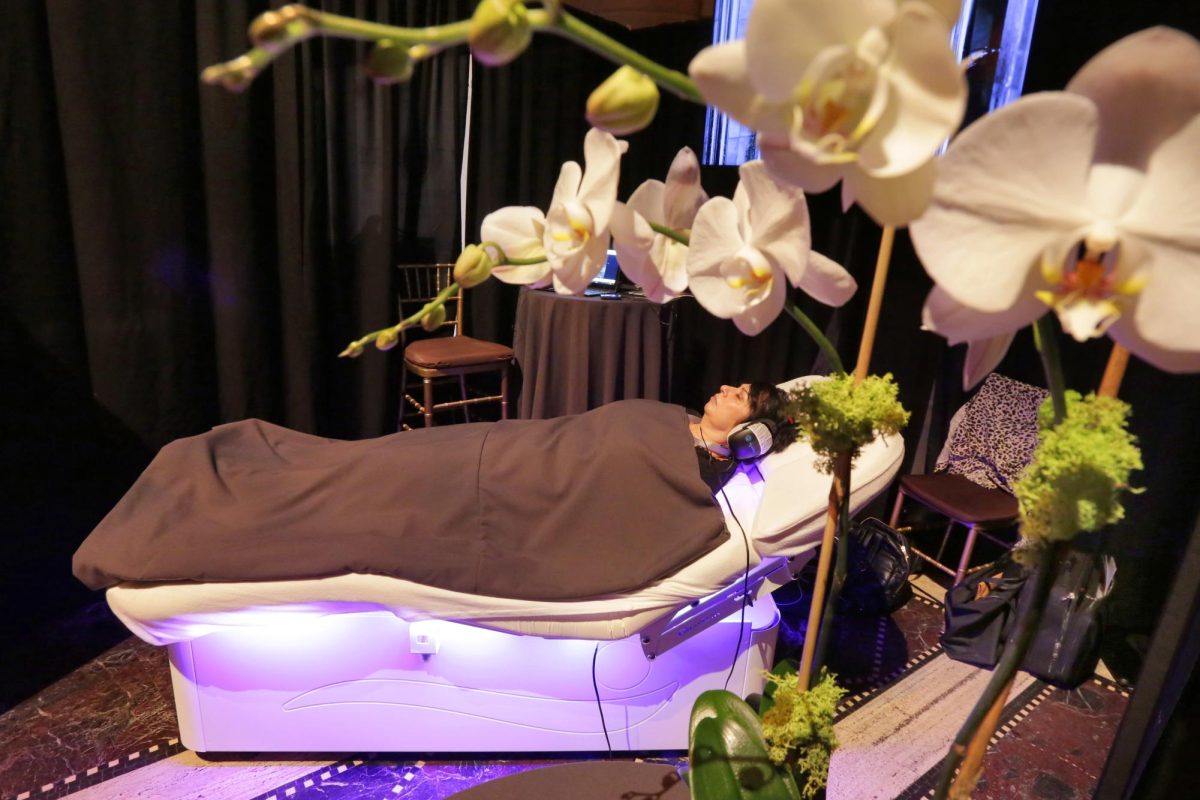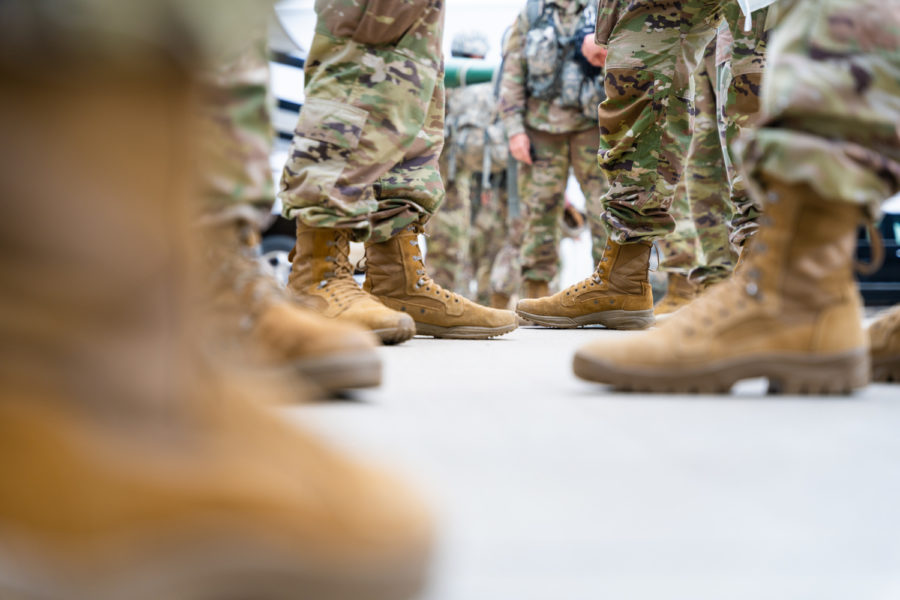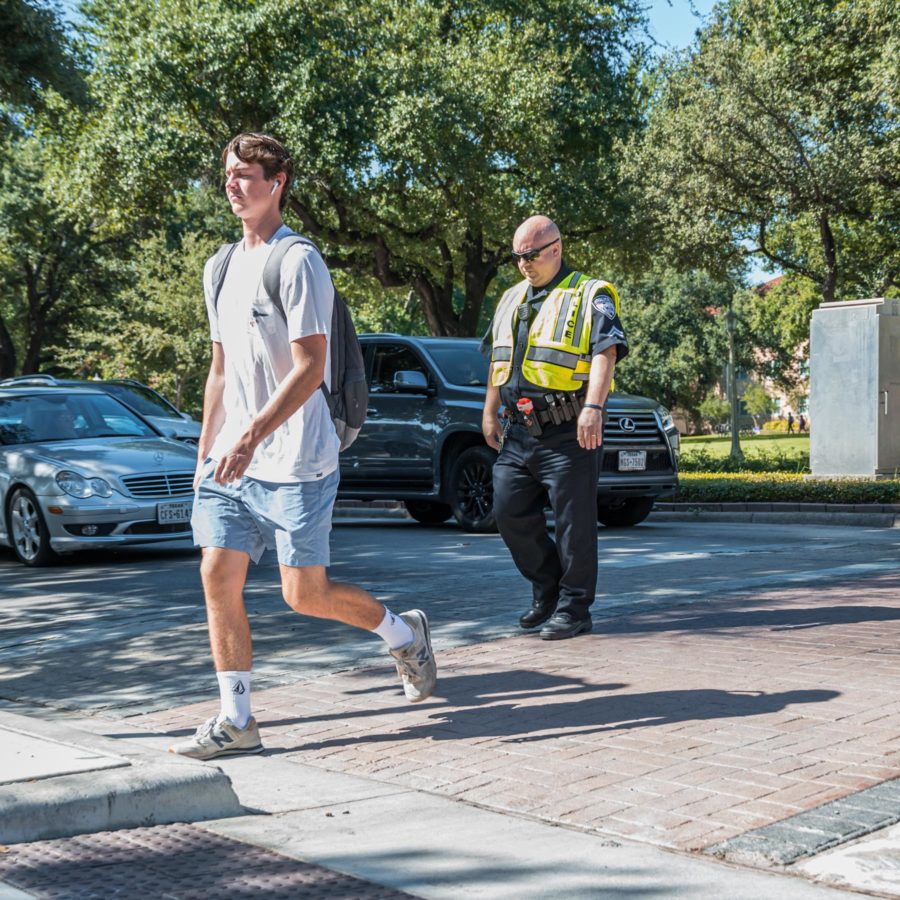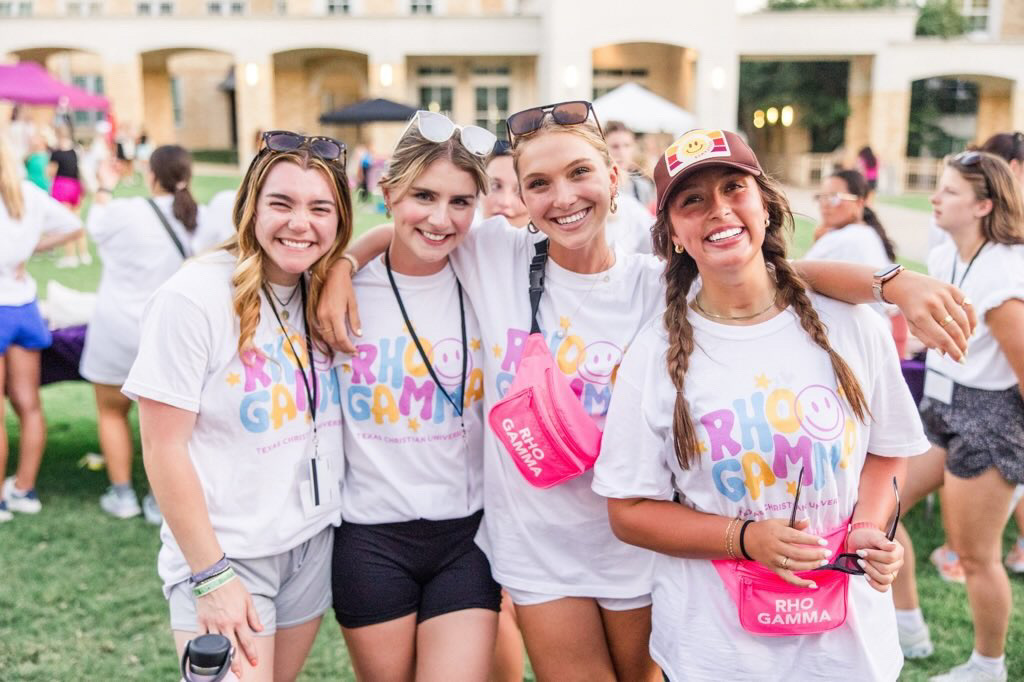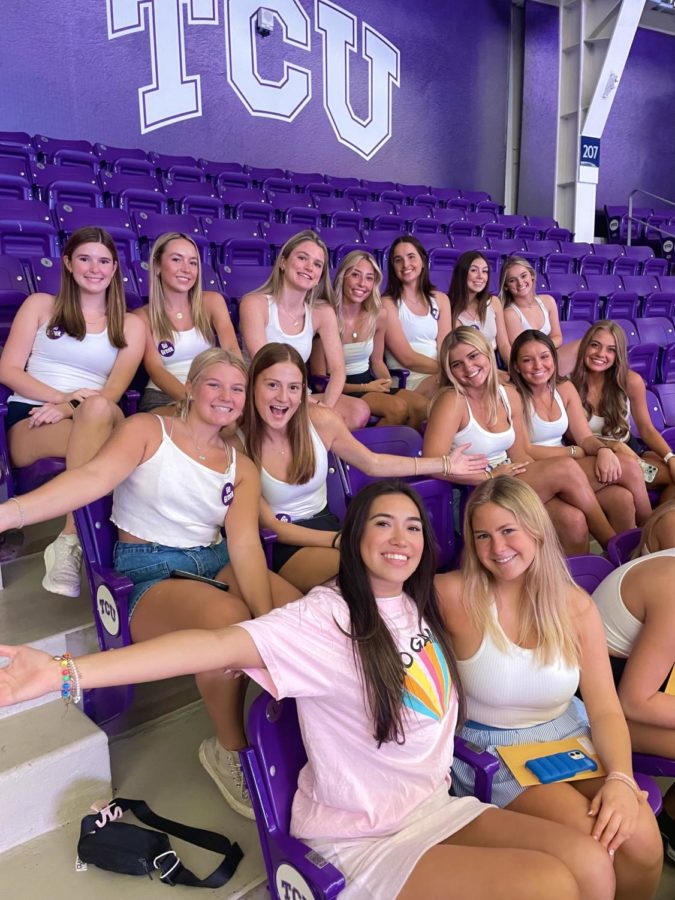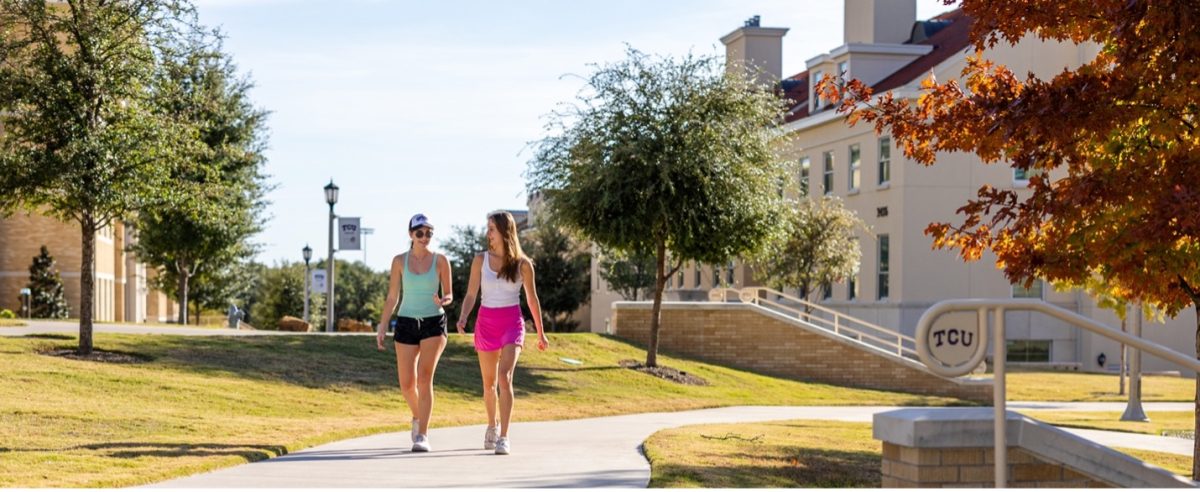A campaign touting Tinder as more than an app for hooking up claimed second place in the National Student Advertising Competition (NSAC), the highest a TCU team has ever placed.
The 13-woman team of strategic communication students was awarded $2,500 for the 21-page marketing campaign that they delivered in a 20-minute presentation and talked about in multiple 15 to 20 minute Q&A’s at the regional, semi-final and national levels.
“Our campaign illustrated all the perceptions that Tinder needs to combat,” said Madison McQuary. “When we had to tell it to the actual executives of Tinder, I think they were shocked but not surprised that a group of Gen Z women could be so real and honest with them about hooking up and relationships.”
In addition to McQuary, the team members involved were Liza Bilich, Huyen Ho, Emma Huels, Kayla Koski, Katie Kramp, Margaux Nersesian, Vivian Noyd, Riley O’Donnell, Alison Parks, Grace Pizzala, Liv Shin and Lauren White.
This year, the NSAC team was all-female and began preparing in November 2020 for the competition — whereas most teams spend an entire year preparing.
The competition began with 95 teams competing from across the United States.
The judges from Tinder called the TCU campaign “the most provocative and bold” and recognized their “great creative executions coupled with a well-thought-out media plan” and “incredible presentation”.
Road to the finals
Team 516 of TCU had no idea how long the road would be.
McQuary, one of the two project managers and a recent graduate from TCU’s strategic communication program, remembered what initially drew her to the NSAC — an article about the 2019 team that placed third in the district competition. The article mentioned, “TCU has been competing in NSAC for more than 30 years and has been awarded a district-level win, but has never successfully competed at the national level.”
McQuary said she wanted to prove to the nation that TCU can produce great work in advertising.
The journey to the 2021 NSAC for Team 516 kicked off in November — virtually.
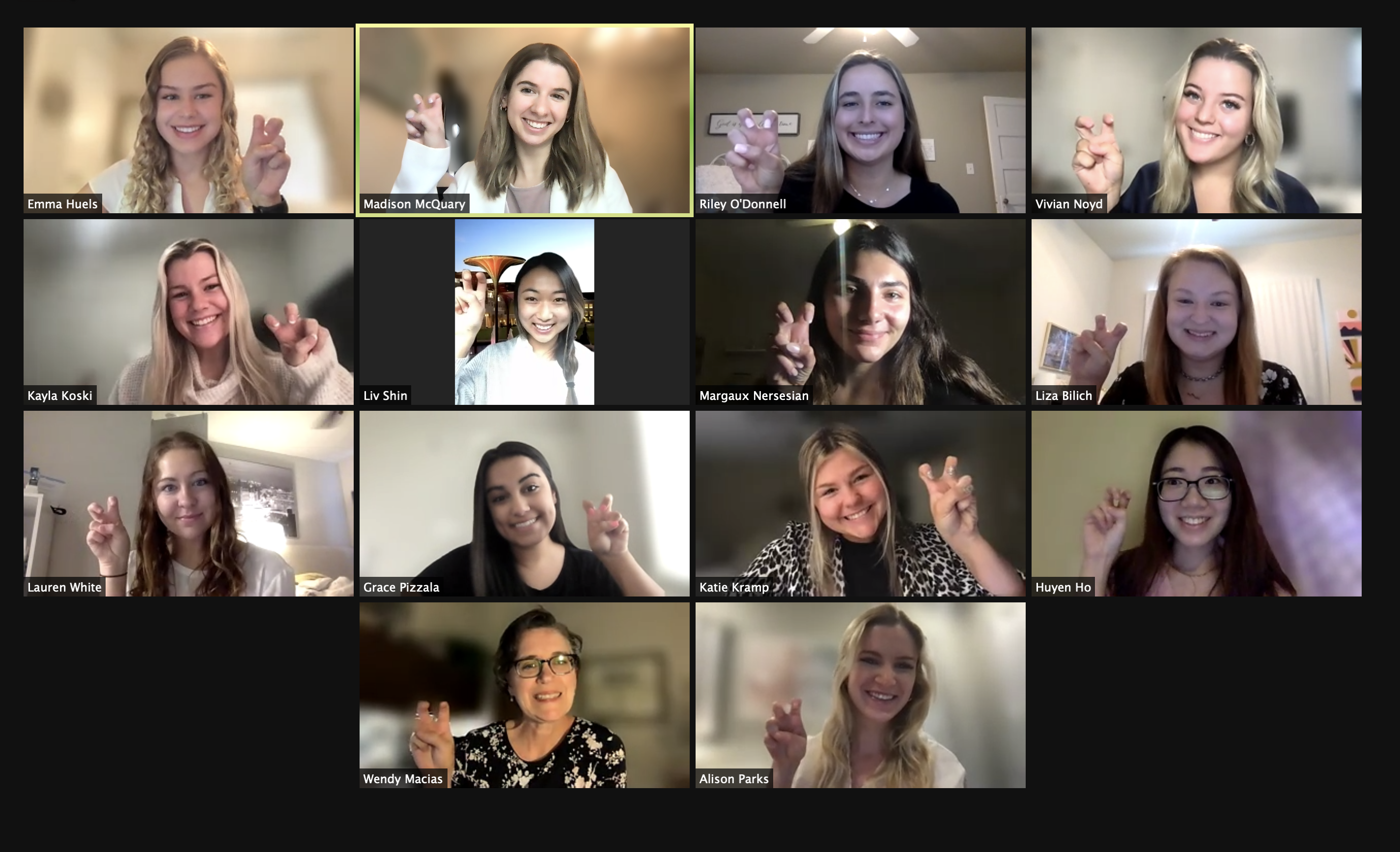
“Once we were able to get together in-person, our ideas began to flow as we collaborated and brainstormed all over the whiteboards,” McQuary said.
Even after the group was able to get together in person, some team members like Liv Shin, in Oregon, and Huyen Ho, in Vietnam, continued to work virtually and overcome time-zone differences.
Despite unprecedented roadblocks, McQuary was thrilled to see how well the team got along from the beginning.
“Sometimes when you throw 13 girls into a room, it can be challenging to work together. But it was so much fun working together throughout the semester,” she said.
Faculty advisor Wendy Macias played a huge role for the team, mentioned McQuary.
“I personally had a conversation with Dr. Macias about this client, and we discussed a plan for keeping on track and not producing a raunchy campaign,” McQuary said.
The teams managed a budget of $10 million in their marketing campaigns, allowing for a realistic experience that has the potential to be used in Tinder’s real marketing plan.
“I think that, if Tinder were to use this campaign, it would be so successful in reaching a wide range of people in many different ways. I really hope they consider using our recommendations,” McQuary said.
June 4, the reality sets-in
Team 516 had already put in hundreds of hours of work into the campaign once the competition rolled around in June.
“We truly believed in our campaign idea,” said Emma Huels, one of the lead project managers on the team.
When the news came out that Team 516 placed second, McQuary said she “immediately started crying tears of joy.”
For McQuary, the result came full circle, achieving what she set out to do — make history at TCU.
“I can’t wait for more industry professionals and top executives to see our campaign at ADMERICA and the quality of work that can come out of TCU,” McQuary said.
“Winning second place in the nation made all of that time and effort worth it!” Huels said.
“I immediately started crying tears of joy.”
Madison McQuary, 21′
“My favorite part of this experience was just spending time with the team and developing friendships with all of the women,” said Huels.
“In the advertising industry, we are experiencing a lot of change, women becoming leaders, especially in this ever-growing digital landscape,” said McQuary, who earned her first post-grad job as Brand Engagement Coordinator at Agency Habitat, a Fort Worth advertising agency. “
The NSAC judges this year were an all-women group of executives from Tinder.
“Women are actually the huge majority in the strat comm program at TCU so it’s often hard to stand out in a female-dominated community. It’s very cutthroat when searching for jobs, so women have to be able to have the confidence to pursue higher roles and up-skill,” said McQuary.
“I hope that our story can inspire other students to sign up to take this class, even if it doesn’t fulfill any major or minor credits, take it as an elective for the unique experience,” she said.
Congratulations! Very few people know how much work goes into teaching and coaching students for this!
— Derek Walker (@dereklwalker) April 10, 2021
Background on the AAF and NSAC:
The following information on AAF and NSAC comes from their website:
“The National Student Advertising Competition (NSAC), sponsored by the American Advertising Federation (AAF) is the premier college advertising competition that provides more than 2,000 college students the real-world experience of creating a strategic advertising/marketing/media campaign for a corporate client.”
“The AAF is divided into 15 geographical regions, and based on their school location, student teams first compete at the district level, either in-person or virtually. The winning team(s) from each district then advances to the semi-finals, where NSAC teams compete for one of eight spots at the finals.”
This year’s competition was entirely virtual and was conducted June 3 through 4, 2021.

